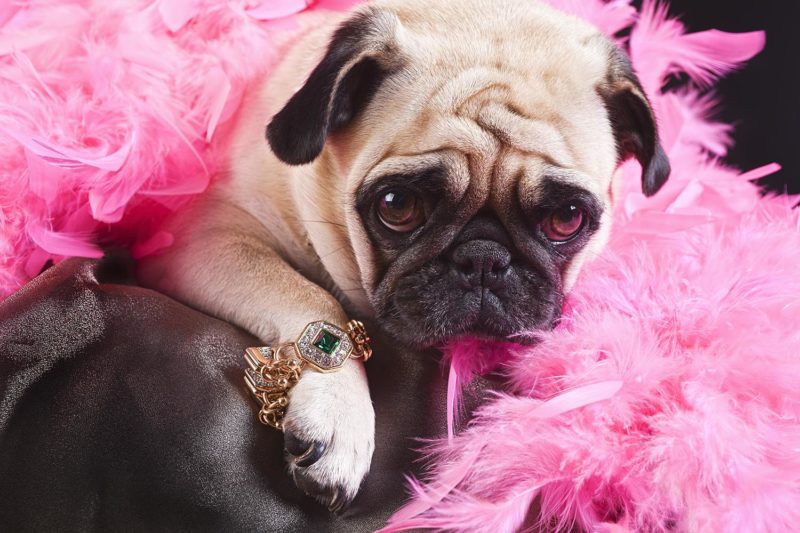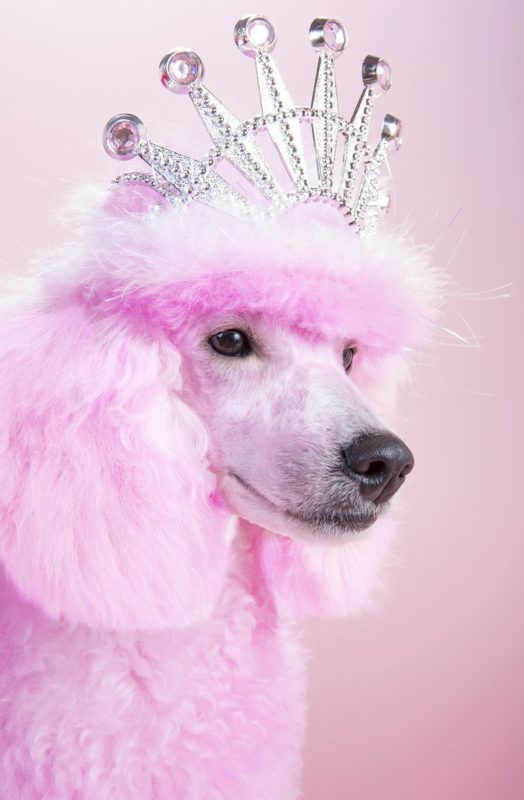
Trends
Fido’s Fortune: Pets Inherit Millions from Wealthy Owners
At what price happiness? Well, if your pet brings you joy, when you die, that price might be very high indeed.
Unconditional love. No judgment. Joy. Many of us think that what our pets give us is priceless—and worry about what happens to our beloved if we die before they do. But what if you had the money to guarantee your pet’s security and happiness after you’re gone—even if the rest of the world thinks you’re barking mad?
Leona Helmsley was known as the “Queen of Mean” in the 1980s, thanks to her reputation for being a ruthless businesswoman who didn’t suffer fools gladly. She was the owner of the Helmsley Palace hotel in Manhattan and was married to Harry Helmsley, a fellow real-estate magnate. But Leona, like so many pet owners, had a soft spot for her dog, a Maltese named Trouble. The little pup went everywhere with her—on her private jet, in her limousine, and even to meetings with her lawyers. And when Leona passed away in 2007, she left Trouble a whopping $12 million in her will.
Now, you might be wondering what a dog could possibly do with $12 million, and again, I don’t blame you. But in the case of Trouble, the money wasn’t just for his own benefit. Leona had stipulated in her will that the money was to be used for Trouble’s care, including his security and upkeep. She even left instructions for Trouble’s burial, which was to take place at a cemetery in Florida next to her own eventual resting place.
There were those who criticized Leona for leaving such a large sum of money to a pet, arguing that the money could have been better spent on charitable causes. But Leona was unapologetic, stating that “Trouble deserves it” and that the dog was like family to her.



Leona Helmsley was hardly alone. Among the other animals left fabulously wealthy:
Blackie, who was left $12.5 million by his owner, Ben Rea, a British antiques dealer. The Guinness Book of World Records has named him “richest cat.”
Gunther III, who was left a $375 million trust fund by his owner, German Countess Carlotta Liebenstein. Gunther III had his own butler, as well as a wardrobe filled with custom-made jackets and diamond-studded collars. Gunther bought Madonna’s Miami mansion with his trust fund money and is the subject of the new Netflix docu-series, Gunther’s Millions.
Karl Lagerfeld, who was known for his iconic work at Chanel and Fendi, was also a well-known cat lover and owned a Birman cat named Choupette. Choupette was more than just a pet to Lagerfeld; she was a muse and inspiration for his work. He often spoke about her in interviews and even published a book of her photos titled Choupette: The Private Life of a High-Flying Fashion Cat.
When Lagerfeld passed away in 2019, he left a significant portion of his fortune, estimated to be around $200 million, to Choupette. The money was to be used for the cat’s care and well-being, including the cost of her staff, security, and medical expenses.
And then there was the woman who left her pet parrot, Charlie, $200,000 in her will. Charlie was not only set for life financially, but also had a team of caregivers and a lavish cage equipped with all the latest bird amenities.

So what do the pets do with that money? Well, in reality, the money is usually put into a trust, managed by a designated caretaker, with the intention of providing for the pet’s care and well-being. But let’s be real, if cats could talk, they’d probably say something like, “Finally, I can have a personal masseuse to give me all the belly rubs I want, and a chef to cook me nothing but salmon for every meal!” And as for dogs, well, they might say, “Can we please get a bigger backyard? I want to chase squirrels in style.”
While it’s a funny and interesting concept, the reality is that pets can’t actually inherit or own money. But while it might seem like a bit of extravagance to some, to those who truly love their pets, it’s a small price to pay for the joy they bring into our lives. And while it may be maddening to some relatives, the funds left actually have done great good. At least in the case of Leona Helmsley and Trouble: when Trouble died in 2011, about $2 million was distributed to several different charities, including the American Society for the Prevention of Cruelty to Animals (ASPCA) and the Humane Society of New York. So I guess one could say:
That’s good Trouble.
Hero image by Joe McBride via Getty Images



